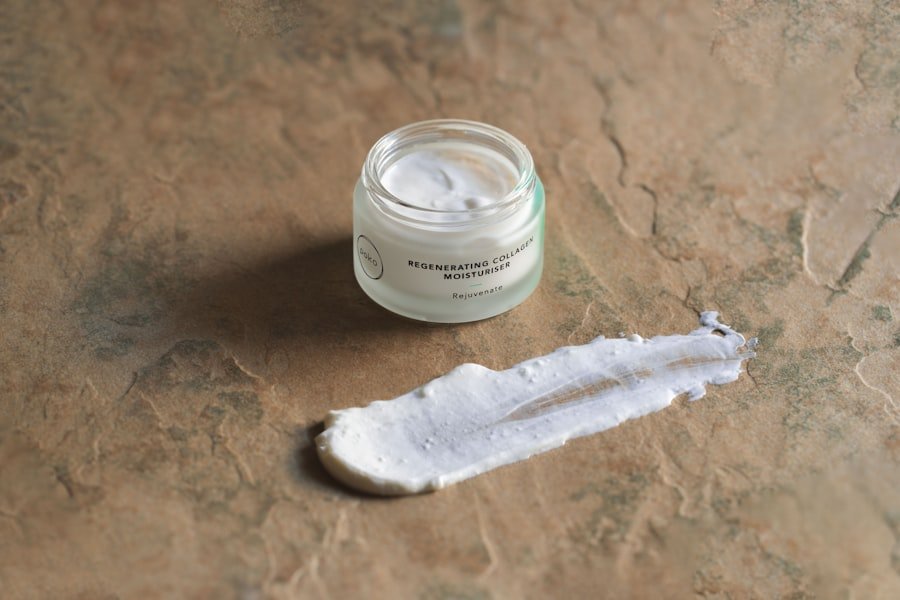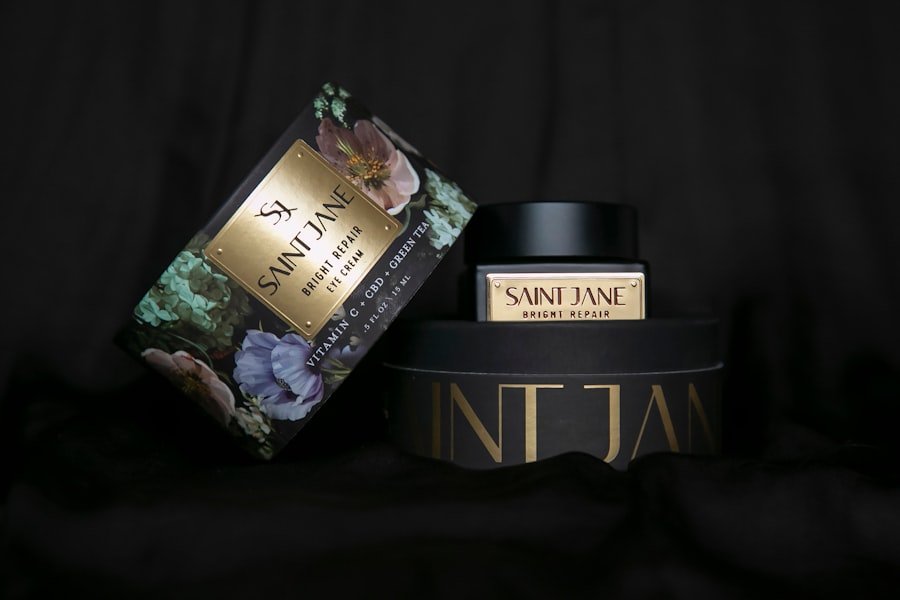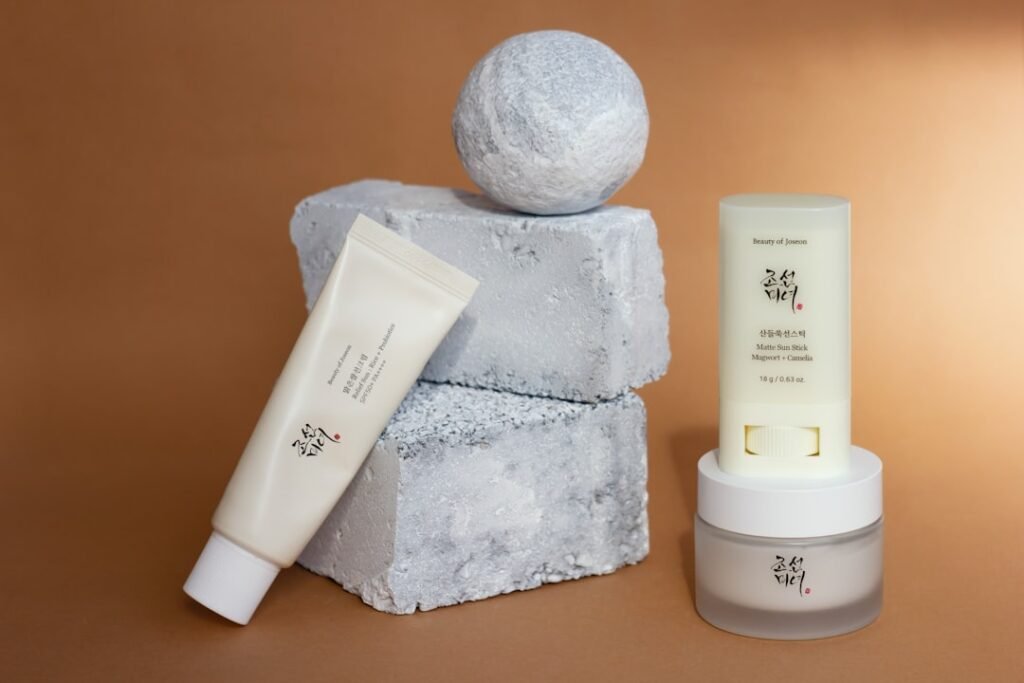Eczema, a chronic inflammatory skin condition, affects individuals across all skin tones, yet its presentation can vary significantly based on pigmentation. For those of us with dark skin, the symptoms of eczema may manifest differently than they do in lighter-skinned individuals. We often notice that the affected areas may appear darker or ashy rather than red or inflamed, which can lead to misdiagnosis or misunderstanding of the condition.
This discrepancy highlights the importance of recognizing how eczema presents on darker skin tones, as it can influence both treatment and management strategies.
Moreover, the emotional and psychological toll of eczema can be particularly pronounced for us.
The visibility of the condition can lead to feelings of self-consciousness and frustration, especially when the symptoms are not easily recognized by others.
Understanding eczema on dark skin is crucial not only for effective treatment but also for fostering empathy and support within our communities. By educating ourselves and others about the unique characteristics of eczema in darker skin, we can create a more inclusive dialogue that addresses the specific needs and experiences of those affected.
Key Takeaways
- Eczema on dark skin may appear differently than on lighter skin, making it important to understand the unique characteristics and challenges of eczema in this population.
- Proper diagnosis is crucial for effective treatment of eczema on dark skin, as it can be easily misdiagnosed or overlooked.
- Different types of eczema, such as atopic dermatitis and contact dermatitis, can have varying impacts on dark skin, requiring tailored treatment approaches.
- Common triggers for eczema in people with dark skin include harsh skincare products, environmental factors, and certain fabrics, necessitating careful management and avoidance.
- Special considerations for treating eczema on dark skin include the use of gentle, fragrance-free products and the incorporation of skin-protective measures to prevent further irritation and inflammation.
The Importance of Proper Diagnosis
Accurate Diagnosis for Effective Management
Awareness of how eczema presents differently in darker skin tones is essential for receiving a timely and accurate diagnosis. This awareness is critical for effective management.
Preparing for a Consultation
In our pursuit of proper diagnosis, we should be prepared to discuss our symptoms in detail with healthcare professionals. This includes describing the appearance of our skin, any itching or discomfort we experience, and how long we have been dealing with these symptoms.
Empowered Skin Health
By providing comprehensive information, we can assist our healthcare providers in making informed decisions about our care.
Ultimately, a correct diagnosis not only leads to better treatment outcomes but also empowers us to take control of our skin health.
Different Types of Eczema and Their Impact on Dark Skin

Eczema encompasses several types, each with its own characteristics and implications for those of us with dark skin. Atopic dermatitis is perhaps the most common form, often beginning in childhood and persisting into adulthood. For us, this type may lead to dry patches that are less visible but still cause significant discomfort.
Contact dermatitis, another variant, occurs when our skin reacts to irritants or allergens, which can be particularly challenging to identify given the unique way it presents on darker skin. Seborrheic dermatitis is yet another type that can affect us, often appearing as scaly patches on the scalp or face. The impact of these different types of eczema on dark skin can vary widely; while some may experience mild irritation, others may face severe flare-ups that lead to scarring or hyperpigmentation.
Understanding these distinctions is vital for us as we navigate treatment options and seek to manage our symptoms effectively.
Common Triggers for Eczema in People with Dark Skin
Identifying triggers is a critical step in managing eczema effectively, particularly for those of us with dark skin. Common triggers include environmental factors such as pollen, dust mites, and pet dander, which can exacerbate our symptoms. Additionally, certain fabrics or soaps may irritate our skin more than others, leading to flare-ups that can be both uncomfortable and distressing.
By keeping a detailed record of our environment and daily habits, we can better pinpoint what might be triggering our eczema. Stress is another significant trigger that many of us may overlook. The emotional strain of dealing with a chronic condition like eczema can lead to increased flare-ups, creating a vicious cycle that is hard to break.
By recognizing the interplay between stress and our skin health, we can take proactive steps to manage our mental well-being alongside our physical symptoms. This holistic approach not only helps in reducing flare-ups but also enhances our overall quality of life.
Special Considerations for Treating Eczema on Dark Skin
When it comes to treating eczema on dark skin, there are several special considerations we must keep in mind. First and foremost, we should be aware that certain treatments may have different effects based on our skin tone. For instance, topical steroids are commonly prescribed for eczema management; however, they can sometimes lead to skin thinning or discoloration in darker skin if used improperly.
Therefore, it is essential for us to work closely with healthcare providers who understand these nuances. Additionally, we should consider the formulation of products we use for treatment. Many creams and ointments may contain ingredients that are not suitable for darker skin tones or may exacerbate existing conditions.
We must prioritize products that are specifically designed for our skin type and seek out those that offer hydration without causing irritation. By being mindful of these factors, we can create a more effective treatment plan tailored to our unique needs.
Addressing Discoloration and Scarring

Addressing Discoloration
To effectively address discoloration, it’s essential to incorporate products that promote even skin tone into our skincare routine. Ingredients such as vitamin C, niacinamide, and licorice root extract can help brighten dark spots and improve overall skin texture.
Seeking Professional Guidance
However, it’s crucial to consult with dermatologists who specialize in treating darker skin tones to ensure that we choose safe and effective options.
Embracing Natural Beauty
By taking proactive steps to manage discoloration and scarring, we can enhance our confidence and embrace our natural beauty.
The Role of Moisturization in Eczema Treatment for Dark Skin
Moisturization plays a pivotal role in managing eczema effectively, particularly for those of us with dark skin. Keeping our skin hydrated helps to restore its natural barrier function, reducing the likelihood of flare-ups and irritation. We should prioritize using thick creams or ointments that provide long-lasting moisture rather than lighter lotions that may evaporate quickly.
Ingredients like shea butter, ceramides, and glycerin are excellent choices for maintaining hydration. Incorporating a consistent moisturizing routine into our daily lives is essential. We should aim to apply moisturizer immediately after bathing when our skin is still damp to lock in moisture effectively.
Additionally, we must be mindful of reapplying throughout the day as needed, especially during dry or cold weather conditions. By prioritizing moisturization as a fundamental aspect of our skincare regimen, we can significantly improve our skin’s health and resilience against eczema flare-ups.
Prescription Treatments for Eczema on Dark Skin
For many of us dealing with moderate to severe eczema on dark skin, prescription treatments may be necessary to achieve relief from symptoms. Topical corticosteroids are often the first line of defense; however, we must be cautious about their use due to potential side effects like thinning skin or discoloration. It’s essential for us to work closely with healthcare providers who understand how these medications interact with darker skin tones.
In addition to topical corticosteroids, other prescription options such as calcineurin inhibitors or biologics may be recommended based on the severity of our condition. These treatments can help reduce inflammation without some of the side effects associated with steroids. As we explore these options, it’s crucial for us to have open discussions with our healthcare providers about potential risks and benefits tailored specifically to our unique needs as individuals with dark skin.
Over-the-Counter Options for Eczema on Dark Skin
While prescription treatments are often necessary for managing eczema effectively, many over-the-counter options can also provide relief for those of us with dark skin. Emollients and moisturizers designed specifically for sensitive skin can help soothe irritation and maintain hydration levels. We should look for products labeled as fragrance-free and hypoallergenic to minimize the risk of further irritation.
Additionally, over-the-counter hydrocortisone creams can offer temporary relief from itching and inflammation during mild flare-ups. However, it’s important for us to use these products judiciously and not rely on them long-term without consulting a healthcare provider. By exploring both prescription and over-the-counter options thoughtfully, we can create a comprehensive approach to managing our eczema effectively.
Lifestyle Changes to Manage Eczema on Dark Skin
In addition to medical treatments, making lifestyle changes can significantly impact how we manage eczema on dark skin. One key area is diet; incorporating anti-inflammatory foods such as fatty fish rich in omega-3 fatty acids, fruits, vegetables, nuts, and whole grains can help support overall skin health. Conversely, we should be mindful of potential food triggers that could exacerbate our symptoms.
Stress management is another crucial aspect of lifestyle changes that can benefit us greatly. Engaging in regular physical activity, practicing mindfulness techniques like meditation or yoga, and ensuring adequate sleep are all strategies that can help reduce stress levels and improve our overall well-being. By adopting these lifestyle changes alongside medical treatments, we can create a holistic approach to managing eczema effectively.
Seeking Professional Help for Severe Eczema on Dark Skin
For those of us experiencing severe eczema on dark skin, seeking professional help is essential in navigating this challenging condition. Dermatologists who specialize in treating diverse skin tones can provide invaluable insights into effective management strategies tailored specifically for us. They can offer advanced treatment options that may not be available over-the-counter or through general practitioners.
Moreover, support groups or counseling services focused on chronic conditions like eczema can provide emotional support and coping strategies as we navigate the complexities of living with this condition. By reaching out for professional help when needed, we empower ourselves to take control of our health journey and find effective solutions tailored to our unique experiences as individuals with dark skin living with eczema.
If you are interested in learning more about cosmetic enhancements for skin conditions like eczema on dark skin, you may want to check out this article on Dr. Trisha Khanna’s website. Dr. Khanna is an expert in dermatology and offers a range of treatments to help improve the appearance and health of your skin. Additionally, if you are looking for expert care for spider veins, you can read more about treatment options in offset){jQuery('.progress-wrap').addClass('active-progress')}else{jQuery('.progress-wrap').removeClass('active-progress')}});jQuery('.progress-wrap').on('click',function(e){e.preventDefault();jQuery('html, body').animate({scrollTop:0},duration);return!1})})

